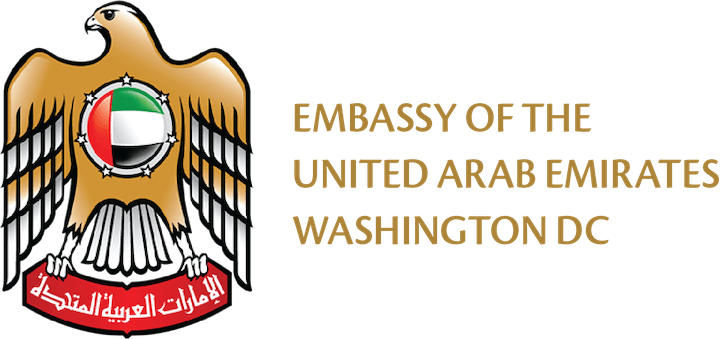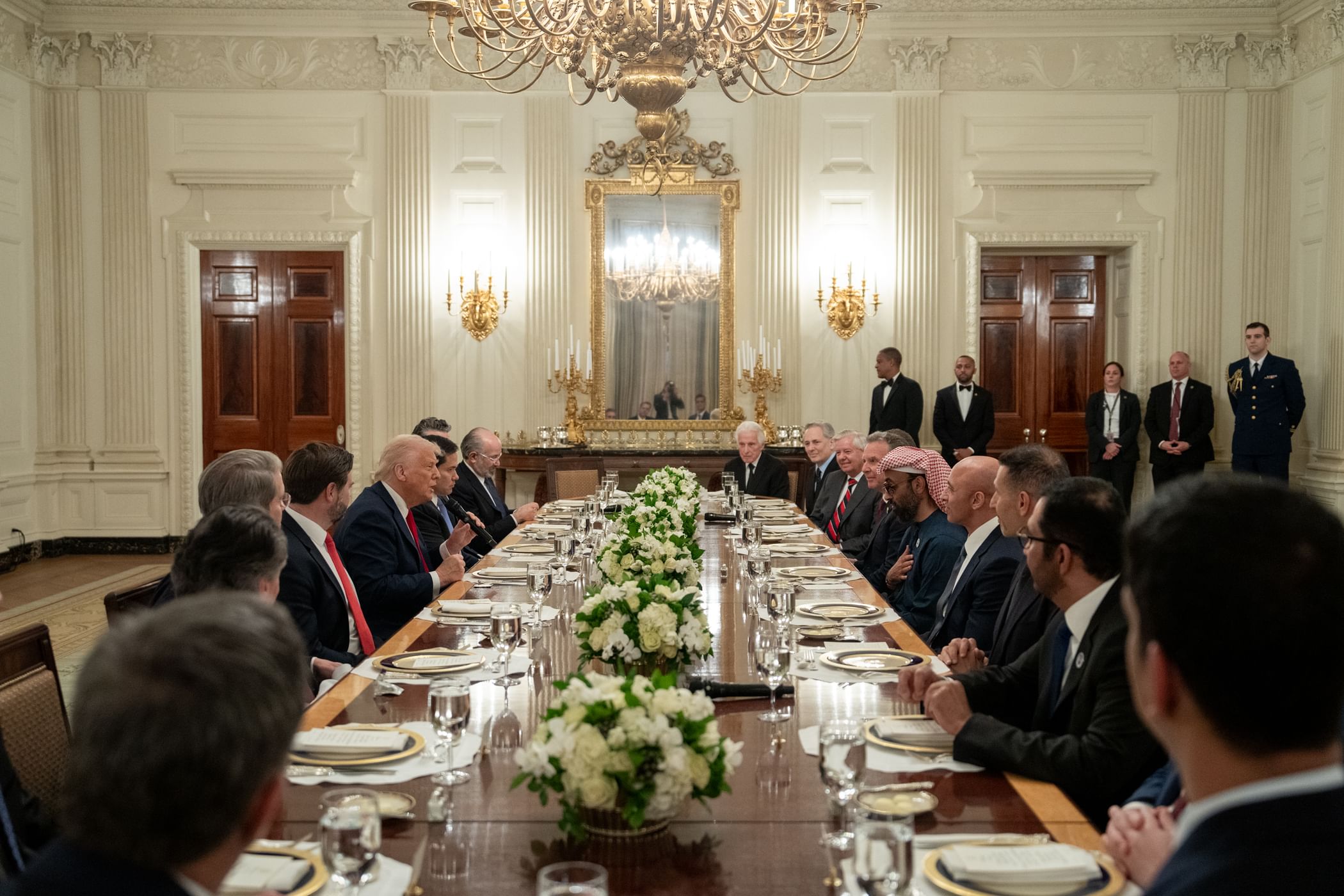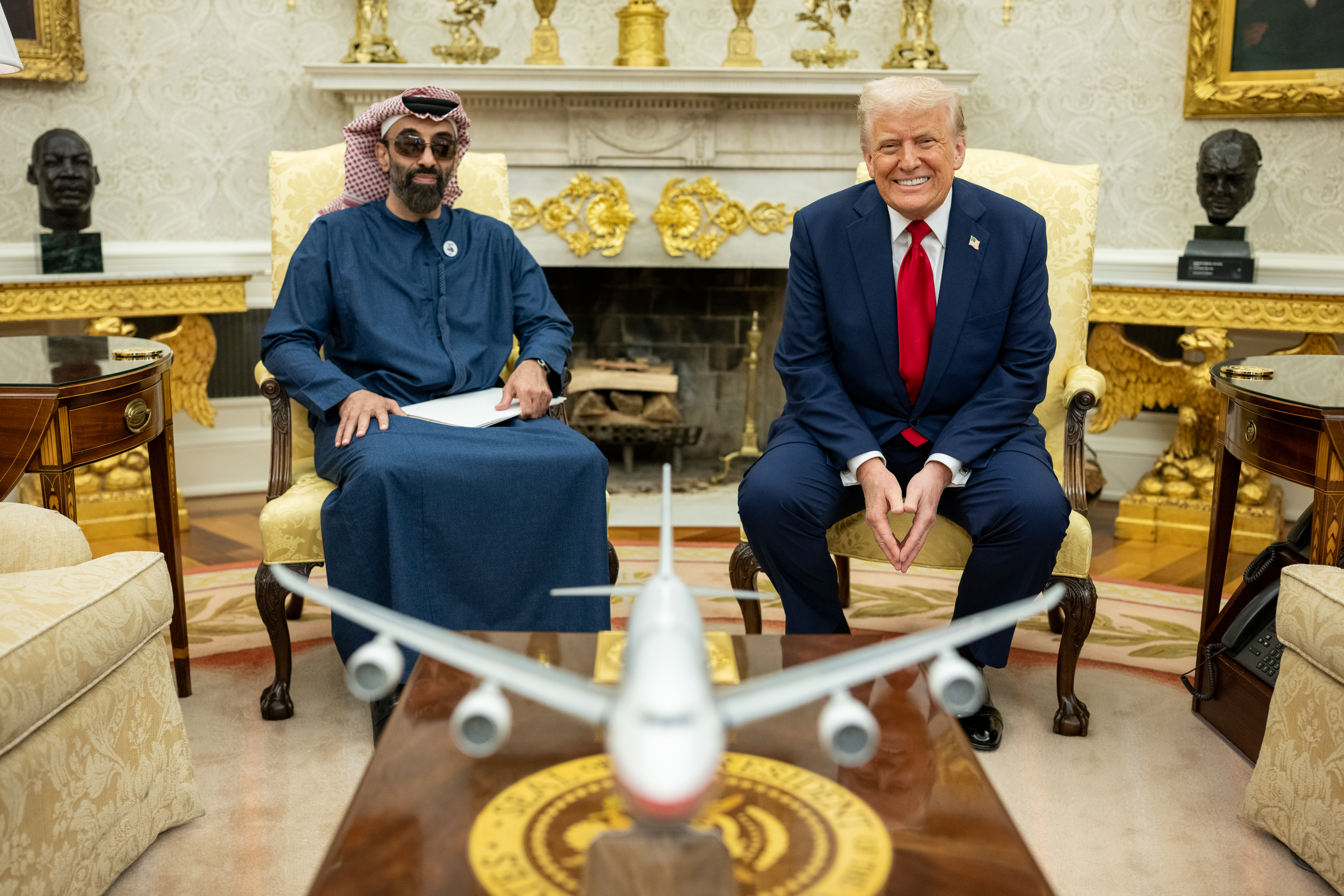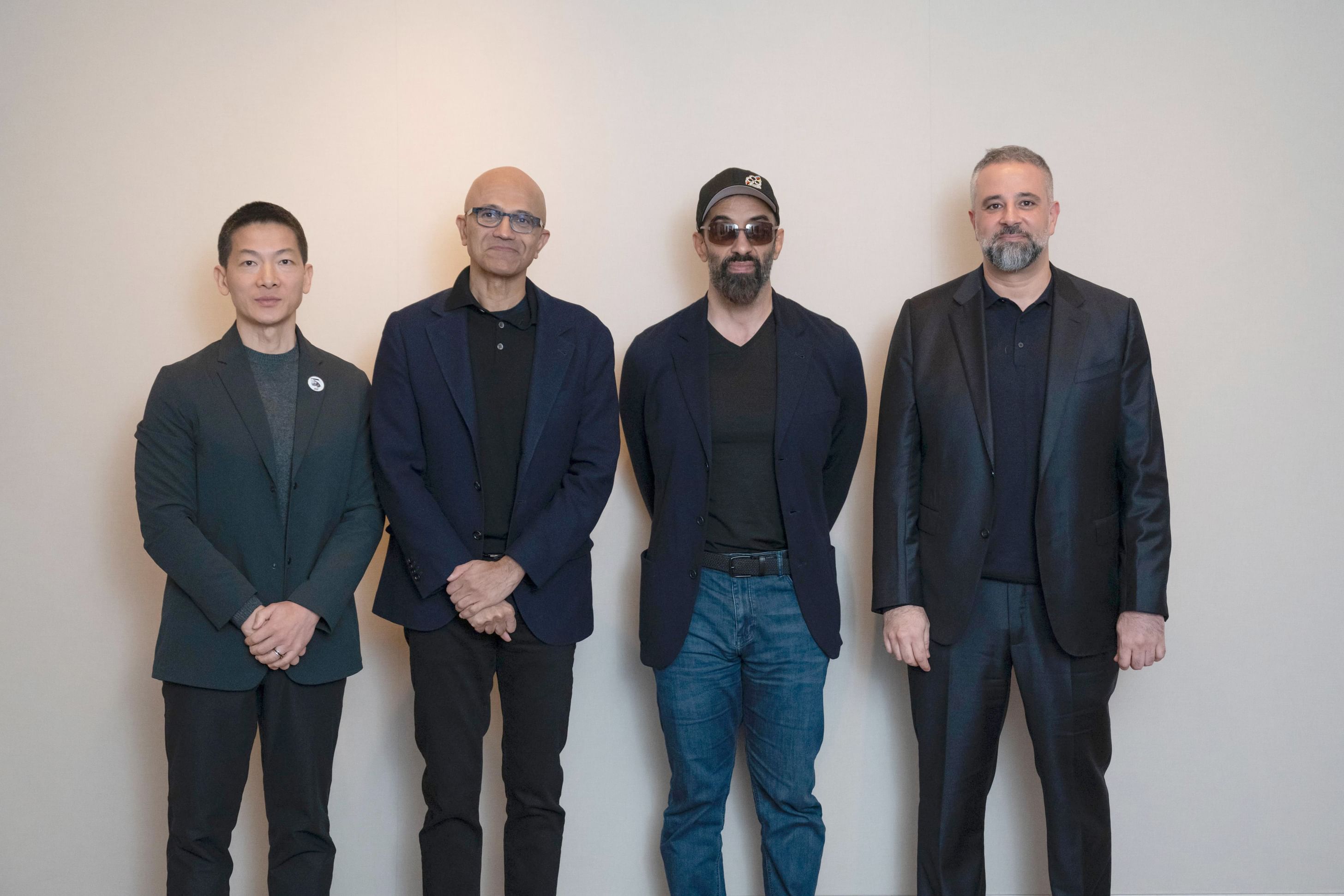In April 2006, Abu Dhabi, the capital of the United Arab Emirates, launched Masdar, a multi-faceted, multi-billion dollar investment in renewable and alternative energy and clean technology. Masdar is helping to explore, develop and commercialize such future energy sources.
Masdar, which means “the source” in Arabic, has four primary objectives:
- To help drive the economic diversification of Abu Dhabi
- To maintain – and expand – Abu Dhabi’s position in evolving global energy markets
- To help Abu Dhabi become a developer of technology
- To make a meaningful contribution to sustainable human development.
Masdar is a comprehensive investment in future energy solutions and clean technology—from design to research laboratory to mass deployment.
The World’s First Zero-Carbon, Zero-Waste City
In 2008, Masdar broke ground for Masdar City, the world’s first zero-carbon, zero-waste, car-free city. Electricity will be generated by photovoltaic panels, while cooling will be provided via concentrated solar power. Water will be provided through a solar-powered desalination plant. Landscaping within the city and crops grown outside the walled city will be irrigated with grey water and treated waste water produced by the city’s water treatment plant.
The city, growing eventually to 1,500 businesses and 50,000 residents, will be home to international business and top minds in the field of sustainable and alternative energy. The city will be built in six square kilometers.
In June 2007, Masdar City received the first World Clean Energy Award from the Transatlantic21 Association in Basel, Switzerland. In September 2007, the city’s design was voted “Sustainable Region/ City of the Year” at Euromoney and Ernst & Young’s Global Renewable Energy Awards.
Masdar City is one of the flagship projects of the “One Planet Living™” program—a global initiative launched by WWF to prove that it is possible to live within ecological limits and still improve the quality of people’s lives.
Investing in Clean Technology
Masdar is committed to investing in innovative technologies—and the companies developing them—with the goal of bringing the next generation of sustainable solutions to market. Masdar considers projects in all areas of renewable energy and sustainability, with an initial focus on concentrating-solar-power (CSP), solar-photovoltaic (PV), wind-energy, waste-to-energy and the solar-cooling sectors. A range of wind and waste-to-energy projects will be operational by 2010.
Vehicles for investing in such technology include the Masdar Clean Tech Fund, a $250 million venture capital fund launched in partnership with Credit Suisse, Consensus Business Group and Siemens. The Fund deployed most of its capital in 2007, one year ahead of schedule, taking strategic equity stakes in companies such as Segway, Halosource, Europlasma, Sulfurcell, Heliovolt, SIC Processing and EnerTech Capital.
The Masdar Institute of Science and Technology
The Masdar Institute of Science and Technology (MIST) is the region’s first graduate-level, research-driven scientific institution focused on education and research in energy and sustainability and developed in cooperation with the Massachusetts Institute of Technology. MIST lies at the core of Masdar’s effort to develop the scientific and human talent required for the new clean technology sector to thrive. In September 2007, HRH the Prince of Wales accepted an invitation to take on the patronage of MIST.
MIST also encompasses the Masdar Research Network (MRN), a network of universities across the world in conducting advanced research in energy and sustainability technologies. Network partners include:
- Columbia University, USA
- Imperial College of London, UK
- RWTH Aachen University, Germany
- University of Waterloo, Canada
- Tokyo Institute of Technology, Japan
- The German Aerospace Center (DLR)
- Ciemat: Energy Research Center, Spain
Expanding Solar Power
Masdar is developing strategic, large-scale energy and technology projects to drive leadership in alternative energy and to assist the economic diversification of Abu Dhabi. These projects include alternative-energy power plants, including photovoltaic (PV), solar thermal and wind.
Reducing Emissions
Masdar provides market-driven incentives by creating and monetizing greenhouse gas emission reductions, primarily in compliance with the Clean Development Mechanism (CDM) framework of the Kyoto Protocol. Masdar views the CDM as an exceptional opportunity for Abu Dhabi to lead sustainable growth in the region and to simultaneously address global environmental concerns.
The World Future Energy Summit
Masdar hosts the annual World Future Energy Summit (WFES), which convenes the world’s leading innovators, educators, scientists, venture capitalists and experts in the field of alternative and renewable energies.






